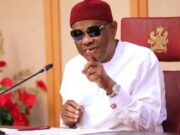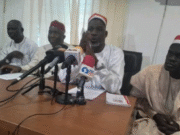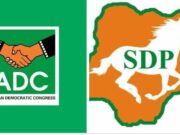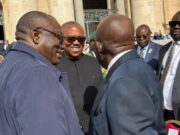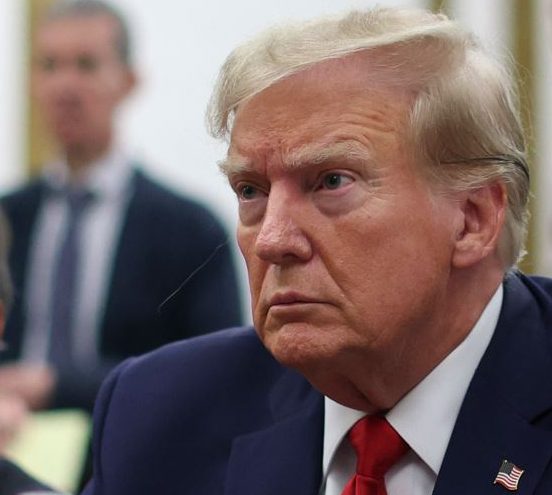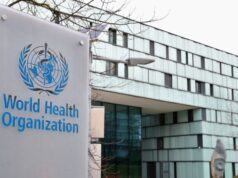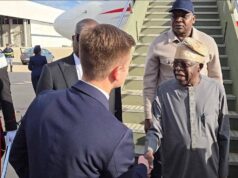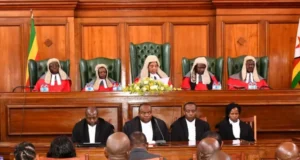US President, Donald Trump has accused South Africa of “confiscating” land and mistreating certain groups of people, announcing that he will suspend all future US funding to the country until an investigation is conducted.
Trump made the statement on his Truth Social platform, citing concerns over a new land expropriation law signed by South African President Cyril Ramaphosa last month.
The law allows the government, in specific circumstances, to offer “nil compensation” for properties expropriated in the public interest.
“South Africa is confiscating land and treating certain classes of people VERY BADLY,” Trump wrote.
“I will be cutting off all future funding to South Africa until a full investigation of this situation has been completed!”
The South African government has defended the bill, arguing that it does not allow arbitrary land seizures and that efforts will be made to reach agreements with landowners before expropriation.
However, critics fear it could lead to a situation similar to Zimbabwe’s land reform program, where white-owned commercial farms were seized without compensation.
During a later press briefing, Trump reiterated his concerns, stating that South Africa’s leadership was engaged in “horrible things” without specifying details.
He added that a full review of the situation was underway.
Land ownership remains a highly sensitive issue in South Africa, where most farmland is still controlled by white landowners nearly 30 years after the end of apartheid.
The issue has been a rallying point for conservative figures, including billionaire Elon Musk, who was born in Pretoria and has criticized the South African government’s approach.
Other high-profile figures in Trump’s circle, such as David Sacks and Peter Thiel, also have ties to southern Africa.
The 1913 Natives Land Act, implemented under colonial rule, forcibly displaced thousands of Black families, restricting land ownership to a white minority.
While South Africa has since attempted land reforms through legal channels, critics argue that progress has been slow, fueling ongoing political debate.


